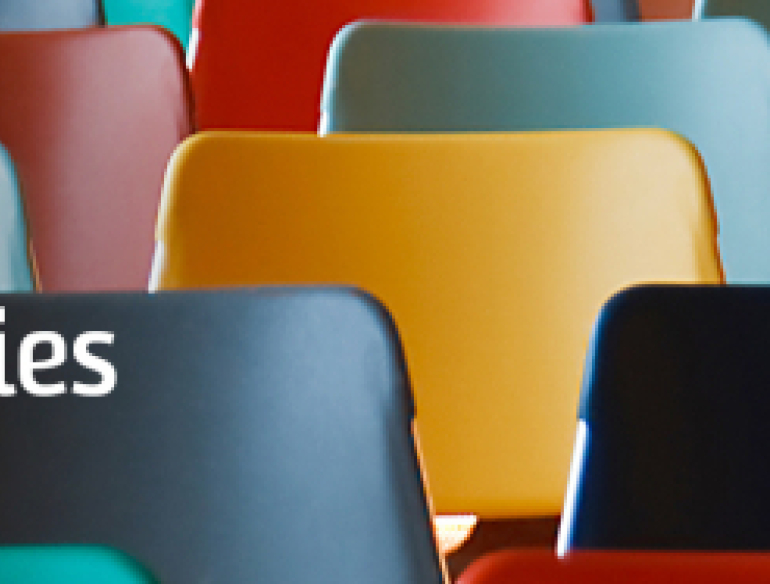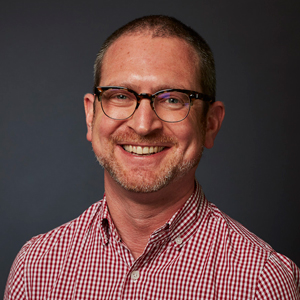Location:
Berg Family Foundation Seminar Room, Level 6, Wallace Wurth Building, Kensington Campus, UNSW Sydney
Contact for enquiries
Rata Joseph, +61 (2) 9385 0900 or recpt@kirby.unsw.edu.au
Kirby Institute Seminar Series presents
Abstract
The COUNT study was designed to establish better estimates of undiagnosed HIV among gay and bisexual men using biological samples, and to identify the characteristics of those with undiagnosed infection to assist HIV prevention efforts. It was first conducted in Sydney in 2014, and then again in 2018, alongside the Gay Community Periodic Survey. The 2018 round, funded by the NSW HIV Prevention Partnership Project, was intended to assess the effect of intense combination prevention efforts to reduce undiagnosed HIV since 2014. Recruitment was conducted by trained peers at gay venues and events during Mardi Gras, recruiting 944 men in 2014 and 890 in 2018. Oral fluid samples were collected and sent to the National Serology Reference Laboratory for antibody testing, and results were returned to consenting participants (primarily by mobile phone). Test results were matched with participants’ questionnaire data to assess behavioural characteristics. The characteristics of participants in 2014 and 2018 will be presented, along with revised prevalence estimates of undiagnosed infection and the characteristics of undiagnosed cases. The presenters will consider the challenges of conducting this type of field-based epidemiological study in a context in which there have been rapid changes in HIV testing, treatment and PrEP use.



